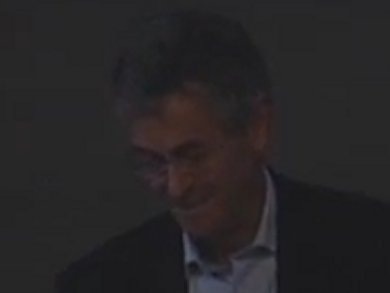Greenhouse gas emissions have to be reduced to prevent catastrophic changes to the earth’s climate. According to Professor Lord John Krebs, Principal of Jesus College, University of Oxford, UK, one of Britain’s leading environmentalists, agriculture has its part to play in meeting this challenge. Currently, agriculture produces about 10 % of the UK’s greenhouse gases. However, this will be nearly 30 % by 2050, if other parts of the economy such as power generation, transport, industry and homes, reduce their emissions, and agriculture would not.
To reduce greenhouse gases, Lord Krebs recommends to eat less red meat. He says that the carbon footprint of beef and lamb is roughly more than five times greater than chicken, three times bigger than pork, more than 30 times that of bread wheat and over 50 times bigger than potatoes.
In addition, he states that organic farming is generally less productive per hectare than conventional farming: More land is needed to produce a certain amount of food and converting land to agriculture, especially arable farming, results in the release of large amounts of carbon.
Lord Krebs concluded his talk with saying that we will have to produce more with less to face the challenge of feeding the world in a changing climate with diminishing resources. To do so, we will have to use every technology to hand, including genetic modification.
- Presented by Professor Krebs, Chief Executive of the UK Natural Environment Research Council and founding Chairman of the UK Food Standards Agency at the Frank Parkinson Lecture 2015, on CLIMATE CHANGE: CHALLENGE OR OPPORTUNITY held during the Oxford Farming Conference, Oxford, UK.





In fact there should be an end with growth in size, either it’s population or economy. Why must it be larger and larger? We can grow in quality not necessarily quantity. The idea for ever growing is more for making money, not for human survival and living better. Academics should not be so easily brainwashed by merchants.